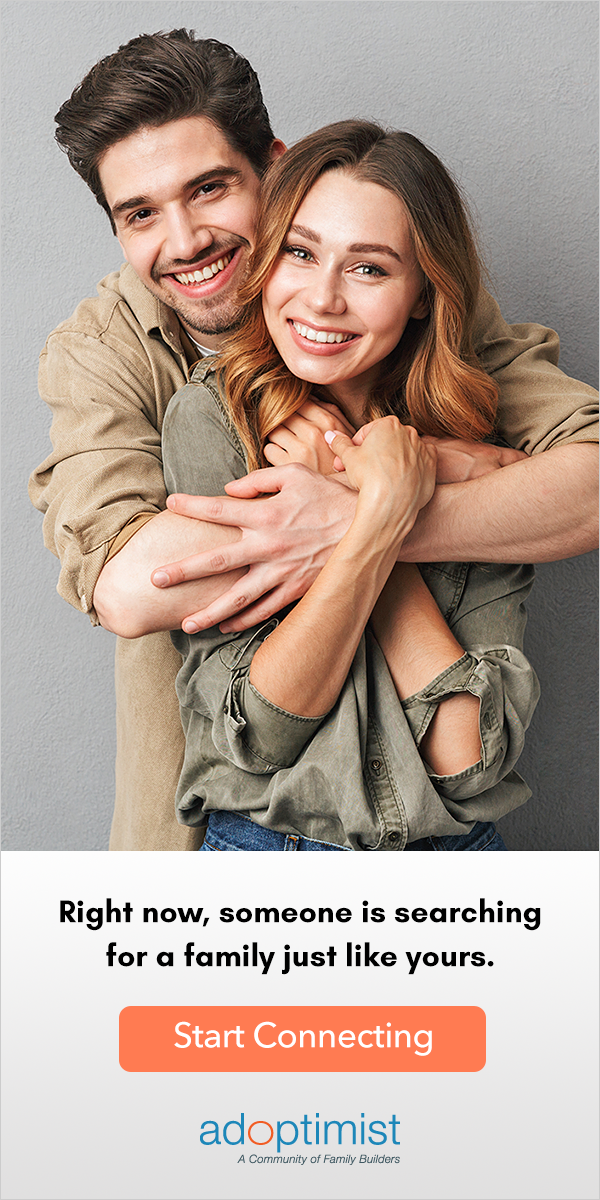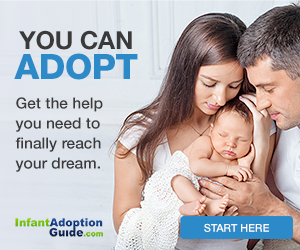UK Women Forced Into Adoption Demand Government Apology

They were told it was in their “best interest.” They were pregnant women, many of whom were unwed teenagers, in the United Kingdom during the 1950s, 1960s, and 1970s. According to The Guardian, some of these women felt that they were coerced into placing their children for adoption, and now they want a formal apology from the government.
Before local authorities in the UK took over facilitating adoptions in 1976, the process was handled by community volunteer groups. Connected with churches that characterized adoption as what was best for the children and the mothers themselves, these groups ran 150 “mother and baby homes” where women could live during pregnancy. After giving birth, however, the mothers were presented with what some saw as an informal mandate rather than a choice: they needed to give up their babies.
“I was never asked whether I wanted to go ahead with the adoption. It was a fait accompli,” noted Jill Killington, who in the late 1960s was compelled to place her son Liam for adoption when he was nine days old. Killington told The Observer in 2018, “I was expected to just go on with my life as though nothing had happened…I’m certain it has had an impact on my life.”
Veronica Smith told a similar tale in nearly identical words. At age 24, she had to place her daughter Angela for adoption. “No one ever said I could keep her…I was told to just get on with my life. I never had any more news about her…It blighted my life,” she said.
Killington and Smith are just two of the estimated 250,000 birth mothers who were pushed toward adoption in the decades following World War II, a more socially conservative era when an unwed woman having a baby was seen as a disgrace. Churches and volunteers, then, saw advocating adoption as a way of saving the mother from scrutiny and embarrassment. Some of the mothers themselves, though, felt that “they were made to feel shame and guilt,” noted The Guardian.
Ann Keen, who gave birth at 17 to a son who was eventually adopted, explains why she feels a formal apology is necessary: “I did not give up my son [voluntarily] or abandon him. An apology would clear my name and my son’s name.” The former Labour Member of Parliament and government minister continued, “An historical injustice is what happened. It’s time to say sorry.”
Cardinal Vincent Nichols, the head of the Catholic Church in England and Wales, in 2016 agreed that the adoptions caused women undue heartache, saying, “Sadly for unmarried mothers, adoption was considered to be in the best interests of the mother and child.” The Church of England concurred. But in 2017, calls for a public inquiry into the adoptions were rejected by the government, who cited “insufficient justification.” However, according to The Guardian, “In 2018, MPs backed a motion calling on the prime minister to apologize to the women on behalf of the nation.”
Sue Armstrong Brown of Adoption UK summarized, “What happened to these women is heartbreaking and indefensible. Apologizing to them is the right thing for the government to do.”

